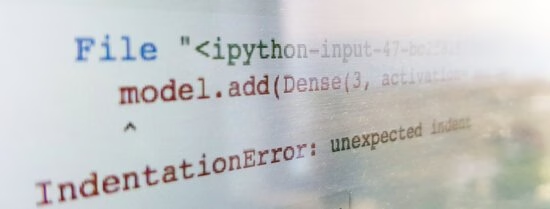Big data, machine learning, artificial intelligence ‒ those are the buzzwords in many companies when it comes to marketing. Still, the programming skills needed to work on these concepts are not commonly taught in marketing programmes. That is why Rotterdam School of Management, Erasmus University (RSM) has introduced the elective Big Data Analytics for Marketing Insight for master students of Marketing Management. ‘It helped me find the job I really liked.’
In our day and age, data are all around us – just look at social media or reviews on webshops. These data sets can tell you a lot about people, like which groups of people bought a certain product and which people didn’t. ‘Marketing is about predicting the future,’ says dr. Pieter Schoonees, Assistant Professor at RSM’s Department of Marketing Management. ‘And the best way to predict the future is to learn from the past. If you bought this brand before, it’s likely that you’ll buy it again.’
For his course Big Data Analytics for Marketing Insight, Schoonees is training marketing students to use machine-learning algorithms, in order to mine unstructured data and predict future behaviour of new customers. Courses like these are not yet common at universities, but they are in high demand.
No technical background
Along with another elective, Marketing Analytics, the course leans heavily on the use of R, an open-source programming language for statistical analysis and data visualization. The elective is aimed at Marketing students, but is open to other RSM Master students, and may be especially useful to students who want to work with data on a deeper level and don’t mind getting their hands a little dirty. And best of all, RSM is one of the few universities that offers such a course for students without a technical background. ‘It helps to have some prior experience with programming, but it’s not required.’
So why is programming such a useful skill for marketing students? ‘Companies are increasingly looking for people who can apply data – lots of data - to solve business problems,’ says Schoonees. Students are taught, for example, how to build a model that predicts which Amazon reviews are most useful to consumers. Or a model that can predict which emails should be marked as spam. ‘Unfortunately there is no one method which is best at solving all problems. Every problem has unique aspects, so during the course we talk about different strategies and we provide different tools for different situations.’
Hard work
Saad Maqsood (26) took the elective as part of his master in Marketing Management. ‘It was a great experience overall and it really helped to learn more advanced forms of predictive modeling that very few courses teach you.’ Although the course was quite intensive, Maqsood would highly recommend it for students pursuing a more quantitative field within marketing (Search Engine Advertising, Conversion Rate Optimization) or Business Intelligence (BI). ‘However, students should be aware that such courses are only going to be useful if they are committed to work hard.’
Saad Maqsood now works as a Web analyst at International Bike Group. ‘This course, as well as my thesis with Pieter Schoonees, helped set up a strong foundation. Though I don't use most of what I learned in my day-to-day work, it helped me greatly enhance my analytical skills and think more quantitatively. In marketing, having good quantitative skills helps you stand out from the competition. So ultimately, it greatly helped me find the job I really liked.’
- More information
Learn more about RSM's MSc Marketing Management programme here

